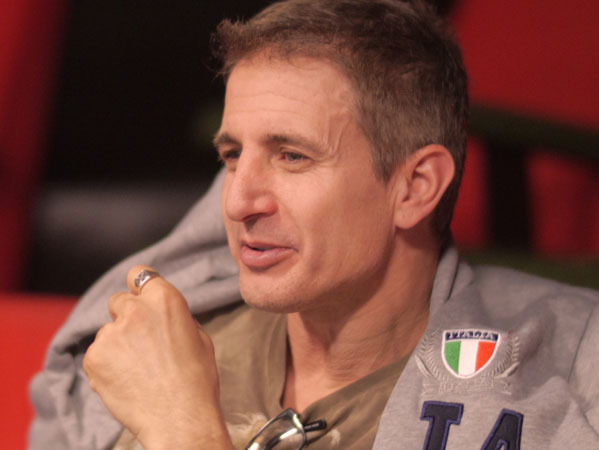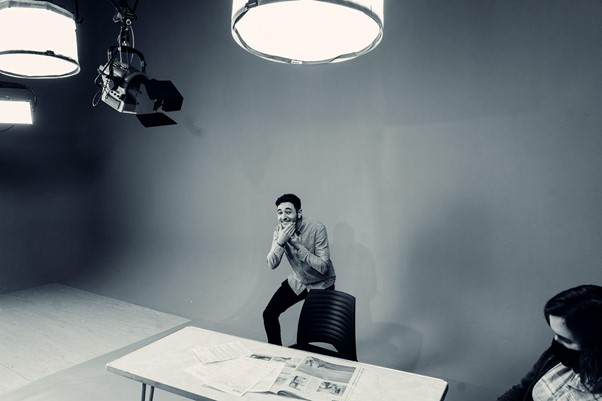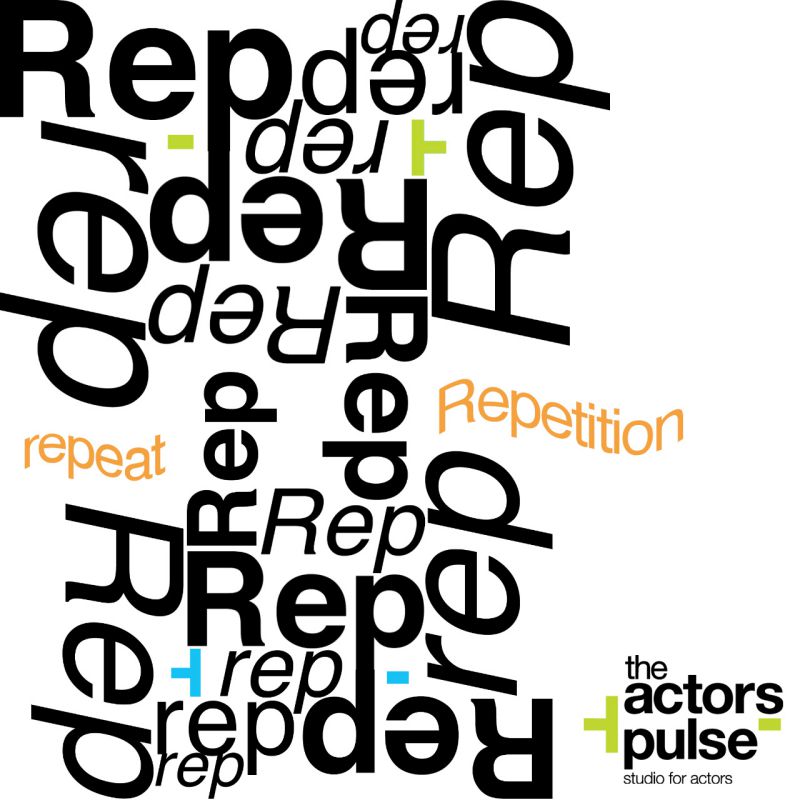How to Use Your Body to Communicate Emotion

Body language is such a powerful tool when it comes to conveying emotion. We all engage in a variety of body language to communicate every day, usually without giving it a second thought!
We are so attuned to body language, that often we pick up inferred or hidden meanings in communication that are never vocalised.
As an actor, understanding how to harness your body’s ability to communicate is critical to delivering a believable performance.
Wondering how to better use body language in your acting? Let’s take a look.
Why Body Language Matters In Acting
Mastering non-verbal communication is incredibly important as an actor. Not only does it enhance your performances and help convey meaning to an audience, it can help to set you apart from the competition.
Think about it, if someone speaks in a monotone voice with a deadpan expression and stiff robotic body, are you going to care about or believe in what they’re acting out? Of course, not!
Directors, casting agents, choreographers and other industry experts look for actors who draw you in with their performance. This relies not only on your delivery of lines but how you move and express yourself while doing so.
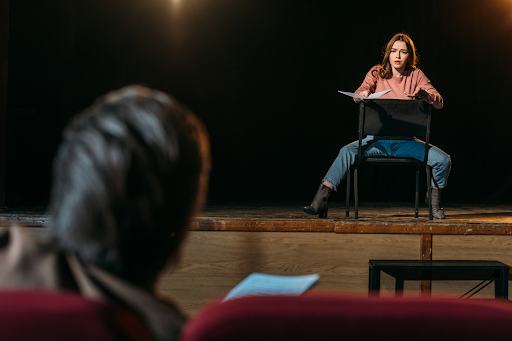
Core Body Language Skills In Acting
When it comes to conveying emotion through body language, this involves facial expressions and more obvious physical movement.
Most roles you play will rely on the use of both facial expressions and supporting physical movements to adequately communicate meaning.
There are seven universally recognised expressions, that you should learn and practise these are:
- Disgust
- Anger
- Fear
- Sadness
- Happiness
- Surprise
- Contempt
Mastering these and knowing when to apply them to your performance is the best way to communicate the emotion behind what you are saying.
The more physical aspects of body language used in emotive communication include:
- Posture
- Hand gestures
- Playing with hair
- Crossed arms
- Nail-biting
- Eye contact or lack thereof
- Distance from other actors
- Stance
- Blinking too much or too little
- Head tilts
- Leaning towards or away from someone and more.
The proper combination of these movements with recognised facial expressions is where the true magic happens and your performance goes from mediocre to magnificent.
Examples Of Body Language Conveying Emotion
So what does this look like in practice? To help you visualise what we mean, here are three brief examples of how your body’s movements can be used to convey meaning.
1. Your character is in an argument or is emotionally unavailable. Crossed arms, lack of eye contact, stiff posture and an angry expression all work to convey this purely through body language.
2. Your character is nervous or shy. Twirling hair, looking down, nail-biting, slumped posture and avoidance of eye contact all communicate these feelings.
3. Your character has received good news and is feeling happy. Open, upright and relaxed posture, a gentle smile, excited hand gestures and easy eye contact all work in this context.
Just as great use of body language can enhance a performance, incorrect use of body language can completely throw it off!
This is why it is important to not only rely on your natural or instinctive habits as they may be harming your delivery.
Ways To Enhance Your Non-Verbal Communication Skills
While the use of body language comes naturally to most of us, it is possible to be giving off unintended meanings completely unaware.
For instance, how many of us have been accused of looking angry when we are simply staring off into the distance daydreaming? So how do we overcome this? There are a few steps you can take.
Become More Aware Of Your Physicality
The first step in enhancing your skills in non-verbal communication is to become more aware of your body and your ingrained physical habits.
As the above example indicates, we all display different body language and it’s possible to convey the wrong meaning unintentionally.
Paying attention to your own habits around body language better positions you to step outside yourself and convincingly adopt other characters’ movements.
People Watch
Something as simple as sitting in your local park or catching a train gives you the perfect opportunity to people-watch.
People watching, without prolonged, uncomfortable staring, helps heighten your awareness of how body language is used by other people in various contexts.
Watch Your Own Performances
Wondering how well you leverage your own body language skills? Try watching a recorded performance of yourself.
We guarantee you’ll become hyper-aware of your facial expressions and gestures and how these helped or hindered your communication.
Attend Acting Classes
Continuing to attend acting classes throughout your acting career is something we highly recommend for many reasons.
When it comes to mastering the use of your body to convey feelings, acting classes are especially helpful.
Your acting coach is the best person to critique your use of body language and provide constructive feedback. This allows you to ascertain if what you are doing is working or whether you need to refine it further.
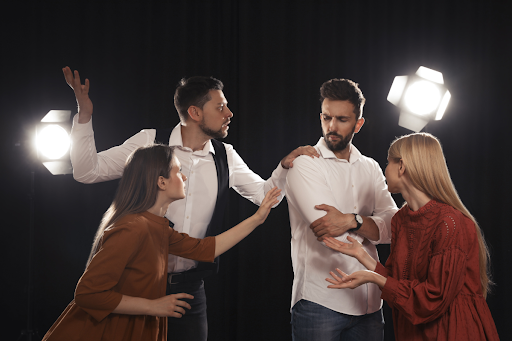
Practise, Practise, Practise
Like most things, getting it right when it comes to body language in acting can take a bit of experimentation and continued practice.
Try practising with other actors, on your family, or even adopting an entirely different persona for a day in a setting where no one knows you.
Remember, your chameleon-like abilities to adopt different body language and inhibit a character more fully will stand you in good stead throughout your career.
The Actors Pulse – Experts in Unspoken Communication
As the leading school for the Meisner Technique in the Southern Hemisphere, The Actors Pulse is known for their natural, instinctive approach to acting.
Harnessing your body’s ability to convey meaning and emotion through your inherent physicality is something we expertly help you to master.
We teach you to understand the importance of character interactions and the power of unspoken exchanges as key to an engaging, believable performance.
Whether you are just starting out in your acting career or are a seasoned performer seeking to hone your skills in non-verbal communication, we can help.
Become an authentic performer and leader in your craft. Contact The Actors Pulse today at 0414 475 515.
Start today!


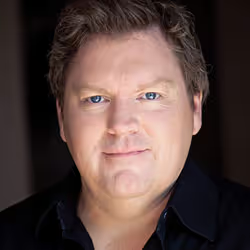


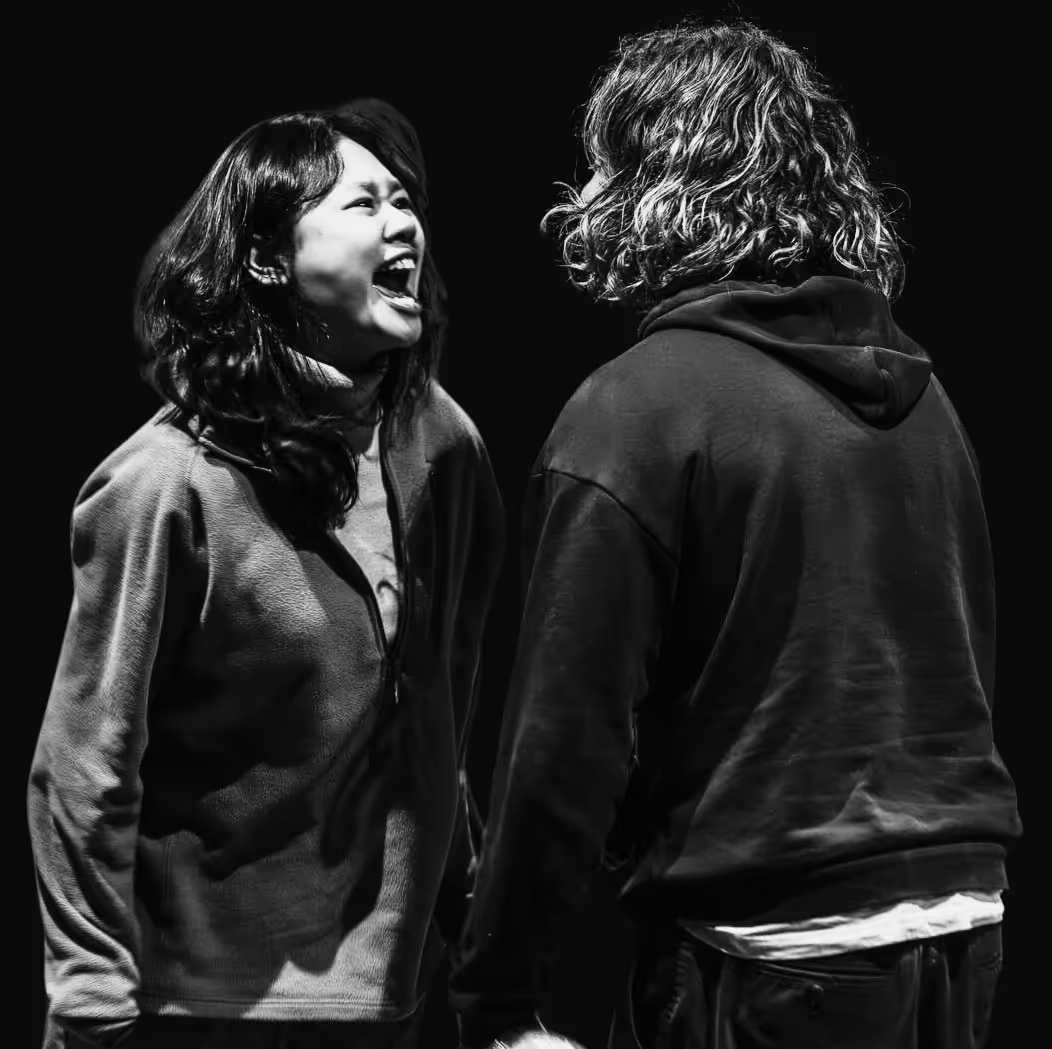



Contact Us
Get in touch with us using the form or details below. We look forward to hearing from you!




